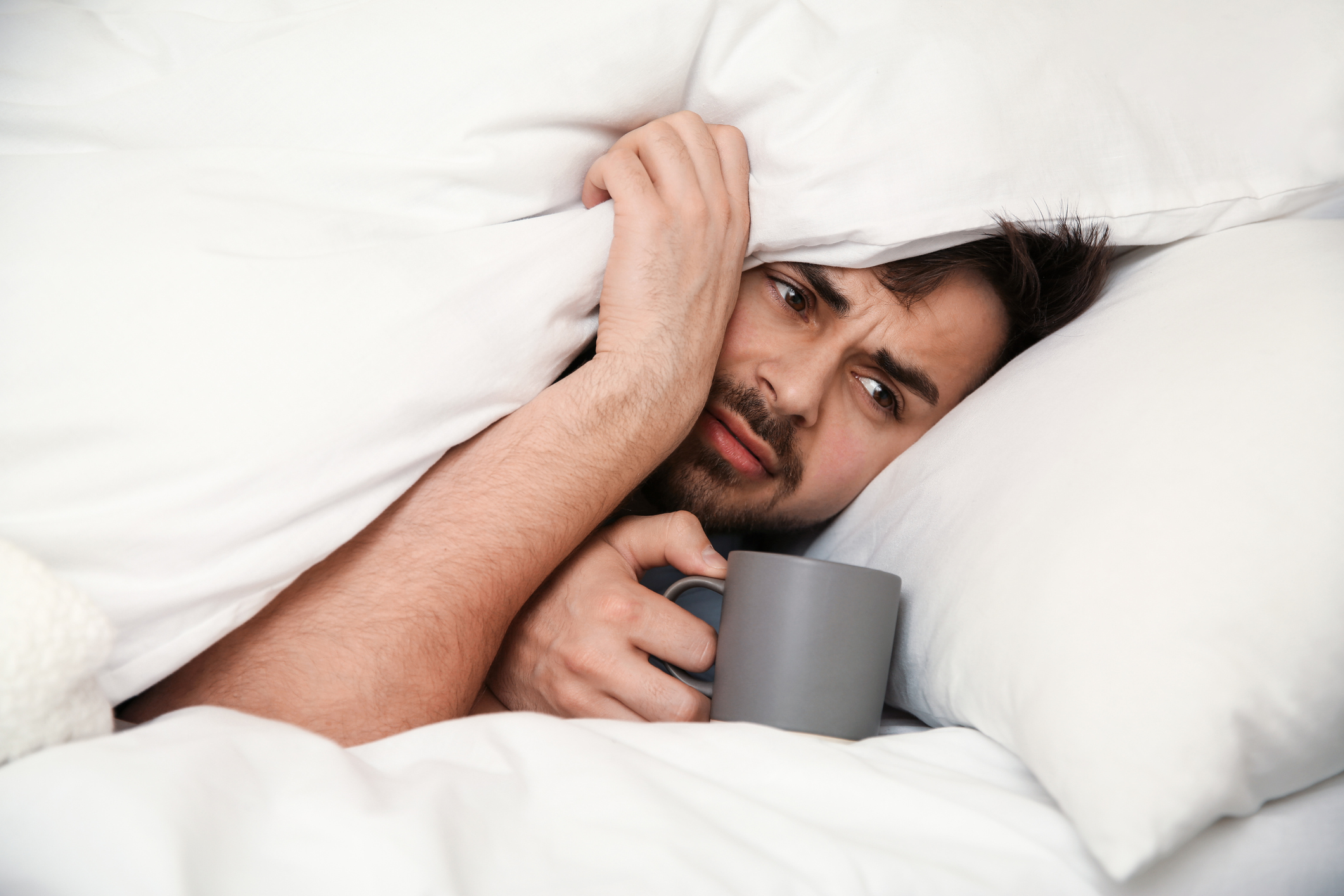Treatment of pharyngitis, inflammation of the nasopharynx: Drugs, lozenges and antibiotics
The mainstay of treatment for acute pharyngitis is bed rest for at least 2 to 3 days and plenty of fluids. Non-steroidal anti-inflammatory drugs (NSAIDs) are used in pharmacological treatment.
In the case of uncomplicated acute pharyngitis, it is advisable to use sucking lozenges containing an anaesthetic, analgesic and topical antimicrobial.

The following throat scratchers are available in pharmacies (table)
| Medication | Effects |
|
|
|
|
|
|
Read also:
Home treatment for sore throat: how to speed up pain relief?
For a patient suffering from viral pharyngitis, symptomatic treatment is preferred. The main goals of symptomatic treatment for viral pharyngitis include pain relief and improvement in diet and fluid intake.
If the cause of the disease is a streptococcus, the drug of choice is penicillin at a sufficient dose and for 7 to 10 days. Such treatment is effective because the resistance of streptococci to it is very low even today.
Administration of penicillin is also an effective preventive measure against the development of complications such as rheumatic fever or acute pyelonephritis (inflammation of the kidneys).
If the disease is due to a mechanical cause, the basic therapeutic measure is to eliminate it. In most cases, this is:
- stop smoking and drinking alcohol
- not drinking carbonated drinks
- avoiding triggers and allergens
- removal of polyps (if necessary, correction of nasal obstruction)
If the triggering factor cannot be confirmed with certainty, the treatment of pharyngitis is only symptomatic. Treatment consists of intake of sufficient fluids and elimination of potential irritants.
Sometimes chewing gum is also helpful. Chewing gum is known to aid the production of saliva. As a result, the mucous membranes are moistened.










